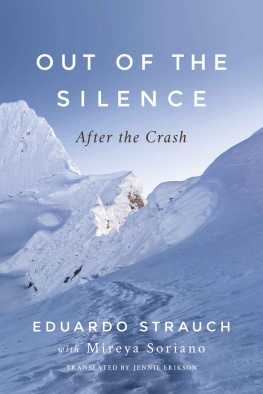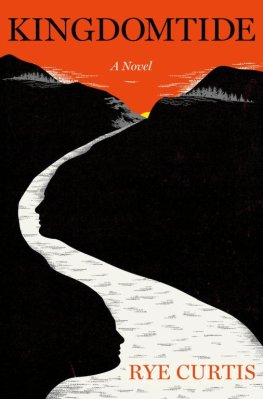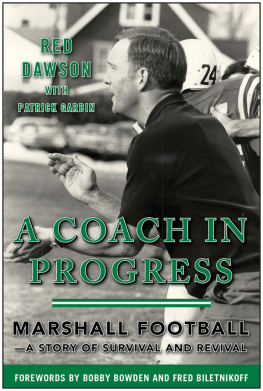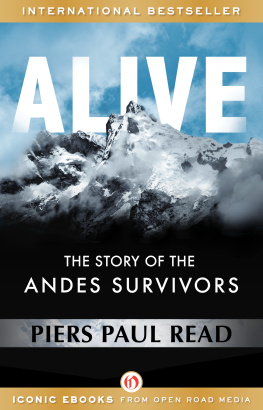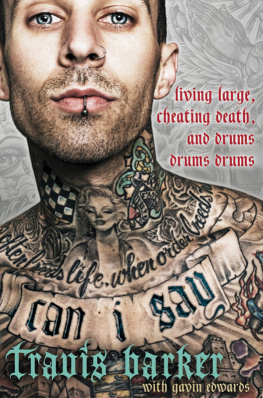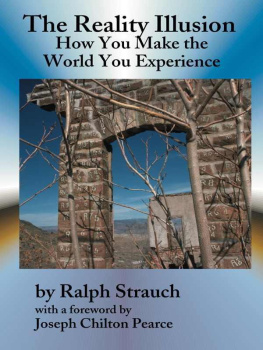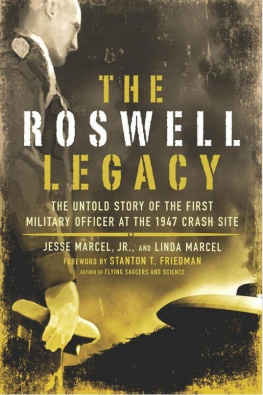

Text copyright 2012 by Eduardo Strauch Urioste, Mireya Soriano
Translation copyright 2019 by Jennie Erikson
All rights reserved.
No part of this book may be reproduced, or stored in a retrieval system, or transmitted in any form or by any means, electronic, mechanical, photocopying, recording, or otherwise, without express written permission of the publisher.
Originally published as Desde el silencio, Eduardo Strauch Urioste con Mireya Soriano (Montevideo: Random House Mondadori, Editorial Sudamericana Uruguaya S.A., 2012). Translated from Spanish by Jennie Erikson. First published in English by AmazonCrossing in 2019.
Published by AmazonCrossing, Seattle
www.apub.com
Amazon, the Amazon logo, and AmazonCrossing are trademarks of Amazon.com, Inc., or its affiliates.
ISBN-13: 9781542042956
ISBN-10: 154204295X
Cover design by Rex Bonomelli
To my two baby granddaughtersYouve got a friend in me. And to my wife, LauraKeep on being yourself, never minding what other people say.
Eduardo Strauch
CONTENTS

SILENCE
Each moment was different from the one before, but each had its own unique threat, its own unmistakable sign that something serious was happening. The plane was still moving, so I knew it hadnt yet crashed against one of those peaks that had come into view much too close to the little window I had been resting my head against only seconds earlier. The dark mountain faces, partially covered in snow, which rose up and vanished rapidly behind the clouds, had in a single heartbeat eradicated my sleepiness as the furious turbulence threw us about in air pockets, each one deeper than the last.
The first silence arrived together with stillness after the shaking that had been tossing us about violently during that brief yet eternal time when I awaited death, eyes closed, huddled in my seat, listening to the deep roar of the engines and their final, desperate screeching. There was a strong impact, followed by other terrifying and incomprehensible noises, and suddenly I smelled gasoline and felt frigid air whipping against my face.
But the first silence was not the silence of death, although at first I thought it was and felt amazement that consciousness still existed, even without life. I opened my eyes. I had been saved. I wouldnt be causing my parents that grief that I had feared so much in those moments that I believed were my last. It was not the silence of death, but death had come much too close and was still hovering right there; and I, caught awkwardly in my seat, facing backward, could see the face of a woman fatally wounded, lying on the floor a short distance away.
Adolfo, what happened? I cried out, even though I couldnt see him.
We fucking crashed in the cordillera, answered the voice of my cousin from far away.
It wasnt hard to realize the truth of this just by looking around, but it seemed necessary for someone to say it out loud, as if the words themselves would clarify the shocking reality nearly impossible to believe: we had crashed into the cordillera of the Andes, the same cordillera that most of us had been admiring a short time before from the air as a stunning and majestic landscape. But that view, as distant and unreachable as any scenic panorama, had suddenly become the surface on which we now rested: the surface of those stiff and desolate peaks, where nothing existed but snow and rock.
I called out at once to my other cousins and to my friend Marcelo. Everyone answered me except my cousin Daniel Shaw, and that small silence in itself gave me a response that I wasnt ready to process.
I moved with great difficulty but finally managed to free myself. I took a few steps through the fuselage, now transformed into a cave of twisted metal filled mostly with a dense jumble of seats and scattered with bloody limbs and crumpled bodies.
The first silence, ghostly and profound, was nevertheless brief because little by little, faint moans were beginning to arise like the opening notes of a terrible symphony, one made up of screams and cries of pain.
I headed toward the back of the plane, avoiding all kinds of objects strewn about as if there had been an explosion. The floor was bent, and the battered fuselage ended abruptly in a jagged opening leading to the inhospitable exterior. I reached the edge, and my aimless steps took me outside, where I sank into the snow. Someone grabbed me by the arm. Eduardo, where are you going? I turned around and went back into the fuselage. Some people were finding extra clothes to protect themselves from the cold. I found a pair of jeans and put them on over the ones I was wearing.
Out in the distance, on the white expanse that surrounded us, we saw a boy struggling on the slopes above us. We recognized Carlos Valeta, and we called out to him like he was a friend lagging behind on a simple outing and not somebody who had literally fallen out of an airplane in midflight, which is exactly what had happened to all those sitting in the seats at the back. All of a sudden he disappeared from sight. His friend Carlos Pez, whom we called Carlitos, tried to go and help him, but he couldnt move through the snow. It was so soft that he sank into it nearly up to his waist.
The air was thin. It was hard to breathe and I couldnt think clearly. I gradually started to notice that something was wrong with my right leg, as it was burning with pain, but I didnt bother to examine it. I struggled to walk and my steps were erratic.
I wandered around a bit dazed, while some of the others already seemed somewhat organized with tasks intended to slightly diminish the chaos.
Most of the forty-five people on the plane were my friends or acquaintances, because the flight had been chartered in Montevideo to bring a Uruguayan school rugby team to Chile, a team of which most of us were either members or followers.
The captain of the rugby team, Marcelo Prez del Castillo, had been my friend since childhood, from the age of seven. We had shared many experiences and wonderful times together, including studying architecture together in school and even working in an architecture studio together before the crash. We had never suspected that at the age of twenty-five, we would go through such a traumatic event as the one we were now living. He was, like me, almost completely unharmed, and from the first moment, he took it upon himself to organize the work of freeing those who were still trapped and dragging the dead bodies out of the plane.
Two of our friends who were studying medicine in school immediately set about attending to the wounded. I approached those busy groups and tried to help them, dazed as I was.
I was able to join in the tasks that were set up by the others, but I couldnt quite manage to take the initiative on anything. I could lend my arms and what little strength I possessed, but it was difficult for me to think clearly.
Every endeavor was absolutely exhausting. The pieces of the wreckage were tangled up in an impenetrable heap, and it took great effort to separate them. As we were freeing the bodies from this mess, we were silently sorting them based on their condition or on the gravity of their injuries. Those who had fractures or severe contusions were carried out to the snow, and we dragged the dead outside using some plastic straps that we found in the baggage compartment.
Next page
